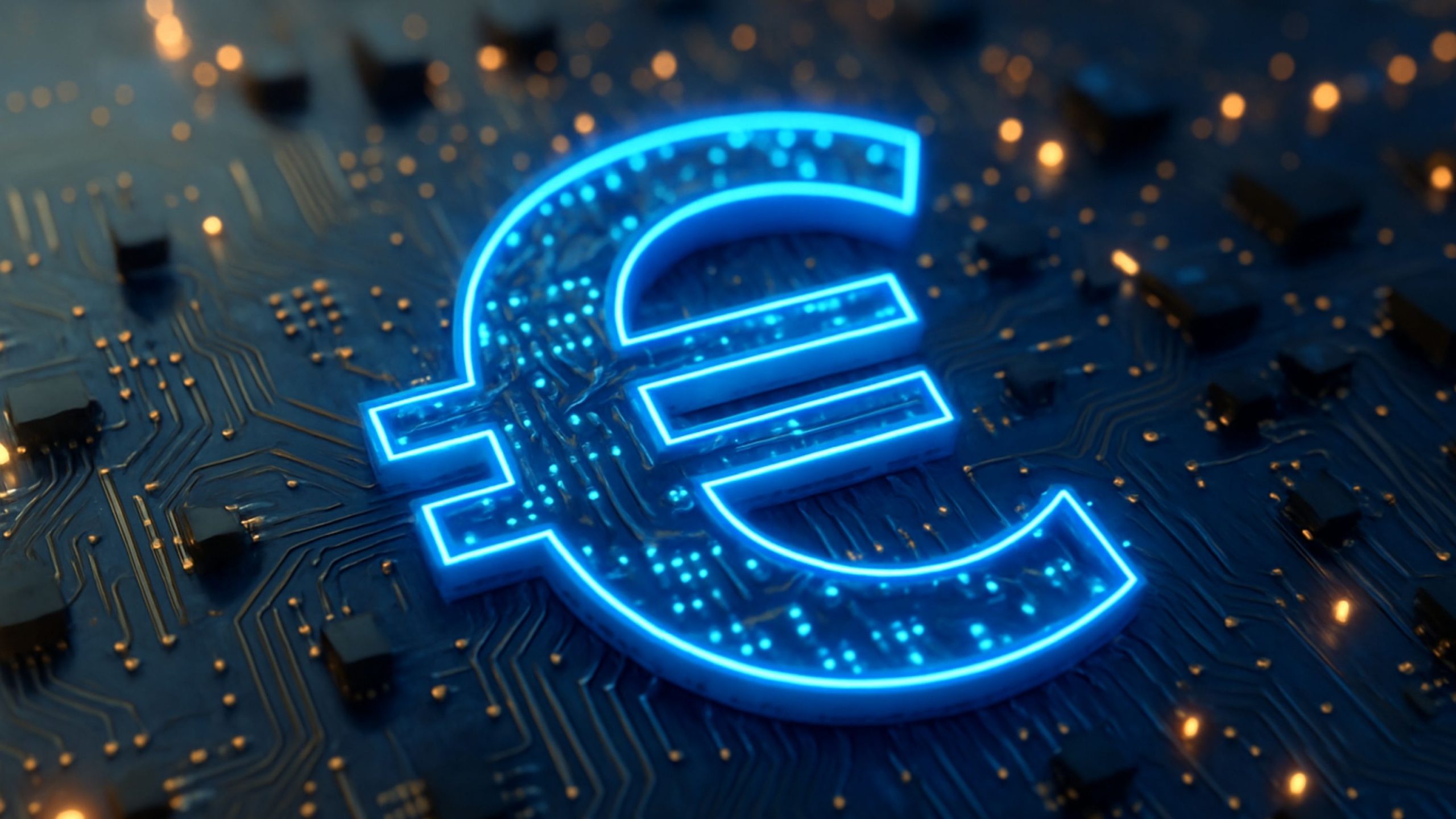The European Central Bank (ECB) – an institution of the European Union (EU) – is working to engineer the digital euro, the EU’s own central bank digital currency (CBDC).
In doing so, ECB is partnering with those skeptical observers might expect in this club: multinationals and multi-billion dollar companies, like Ireland-headquartered Accenture, and Germany’s largest semiconductor maker Infineon Technologies – but also 70 others from the financial, fintech, business, and payment services sectors.
This is happening via a project framed as as an “innovation platform” that was announced just this week, for the purpose of looking into the ways of introducing a centralized form of digital currency – which is merely a highly “controllable” version of fiat money, but also one with strong potential of facilitating “next level” mass surveillance of citizens.
Many things coming out of the EU these days seem like they are crafted not by leaders or even politicians, but by PR teams, for immediate “feelgood” impact, either to obscure the substance of various initiatives and policies – or to obscure the fact there is no substance to them.
Here, ECB has presented its project as an effort carried out by two groups: “Pioneers,” and “Visionaries.”
The first is supposed to deal with developing the technical infrastructure and doing the testing, whereas “Visionaries” are tasked with implementing – and promoting – those solutions.
Here’s an example of what that may involve: “(Exploring) enabling digital euro wallet access via post offices, potentially benefiting those without traditional bank accounts.”
The big picture, the sum total of CBDCs is the role of these currencies in the ongoing “war on cash” as a form of “disfavored” privacy and anonymity.
But naturally, the likes of Piero Cipollone, who sits on ECB’s Executive Board, will talk about the digital euro as “a potential catalyst for financial innovation” and other purely positive and difficult-to-contest goals.
However, CBDCs are these days yet another point of divergence between the US administration and the Brussels bureaucracy. Secretary of the Treasury Scott Bessent only this week expressed his dislike of the idea of a digital dollar.
Speaking before a subcommittee of the House Appropriations Committee, Bessent said, “We believe that digital assets belong in the private sector, and my personal view is that having a central bank digital currency is a sign of weakness, not strength.”
This echoes both President Trump and Republicans’ opposition to CBDCs as tools undermining financial freedom and sovereignty.









